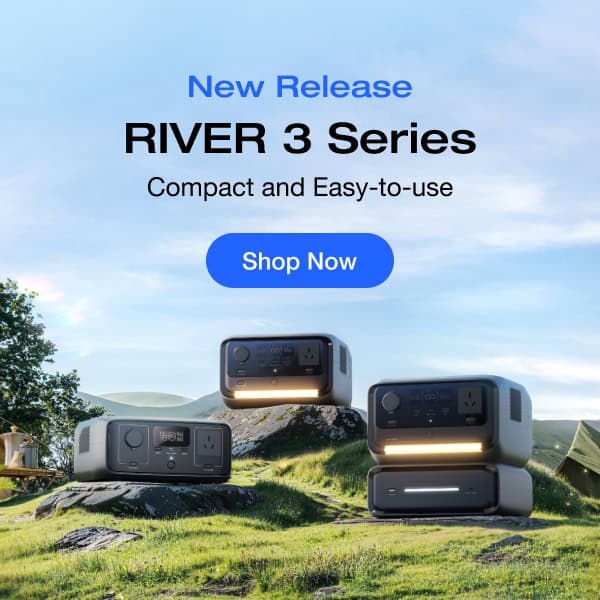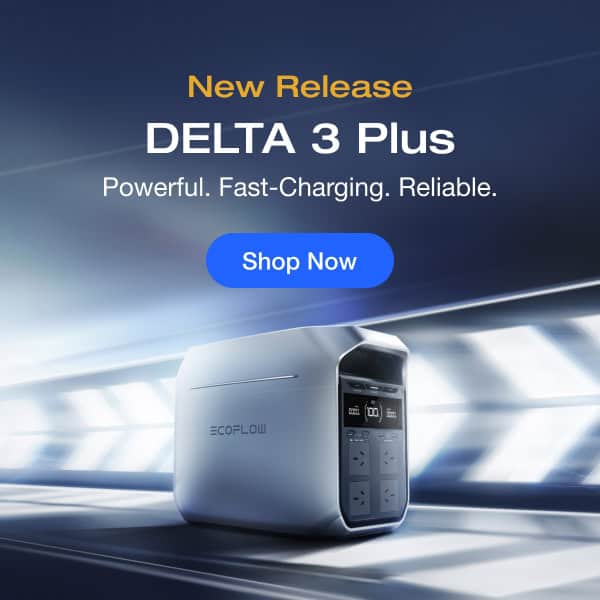Table of Contents
Solar power systems for your home or business are incredible ways to harness the power of the sun for good. Renewable energy technologies are better for the planet, provide energy autonomy to users, and are often a better financial choice, whether for your personal pocketbook or business’s bottom line.
But while solar energy is plentiful, the sun doesn’t shine 24 a day. You’ll need an energy storage solution to get the most bang for your buck. Here’s how to choose the best solar battery in Australia in 2025.
Why Do You Need Solar Battery Storage?
Solar batteries are an essential component of any home or commercial solar system. They allow users to capture the sun’s energy during peak sunshine hours and store it for use later on when a ready supply of solar power is unavailable. Without proper storage, you cannot get maximum benefit from your home solar setup.
Some key benefits include:
- Financial savings. Solar batteries can save users money on electricity, allowing them to use previously stored energy instead of purchasing energy from the electric grid.
- Power on demand. Once charged, a solar battery gives you the freedom to access power on the go! Load a portable battery, like the EcoFlow Solar Generator, into your vehicle to fuel your next adventure. Batteries also ensure a steady supply of energy at night time, so you can benefit from solar energy whether or not the sun shines.
- Backup and safety planning. No one can prepare for all of life’s surprises, but a solar battery is a step in the right direction. Solar batteries provide energy in an emergency, such as a major power outage during a storm.
- Energy autonomy. Take control of your energy supply! When you utilise solar batteries, you aren’t beholden to the availability and price changes of energy through the grid.
- Renewable power. Solar energy helps fuel a future that is kinder to the planet and better for all life on Earth. Using a solar battery helps move us all closer to a collective future where renewable energy is the norm.
What To Consider When Choosing a Solar Battery
Now that you know you need a solar battery, how can you ensure you pick a good option? Here are the essential considerations to remember when choosing one.
Depth of Discharge
Depth of discharge is the amount of energy that someone can use from a battery before recharging. While it may seem like you can utilise every drop of energy in a battery before recharging, that’s not always the case. Some batteries can be damaged by fully discharging all stored energy, leading to decreased efficacy over time. Knowing the depth of discharge on a prospective purchase can help you make the best choice for your needs.
Power Rating
A power rating is a measurement that indicates how much power you can pull from a battery at any given moment. This rating is essential if you plan to charge multiple appliances that require substantial energy at once. Even if you have a large capacity to store energy, you won’t be able to use it effectively if the power rating is lacking.
The EcoFlow DELTA 2 Max + 400W Solar Panels has a whopping energy output of 2400W to 3400W, allowing users to power many appliances at once without worry.
Capacity
Battery capacity is a key component of any solar storage solution. It tells the user how much power a given battery can store and how long that power will last. While many variables are involved, such as how much power you consume, a higher capacity generally means you can store and utilise more energy when disconnected from the grid or solar panels.
Be careful, though. You want to ensure you can produce enough excess energy to fill the tank and make the investment worthwhile.
Understanding capacity is also important to ensure that you don’t overcharge your storage solution. When batteries exceed their energy capacity, long-term outcomes and the use of the equipment can be affected.
Some batteries, like some of the EcoFlow DELTA Series Solar Generators, have mechanisms in place to prevent damage by pushing the power back to the panels, dumping it, or sending it to the power grid for energy credit.
Lifespan
Not all batteries are created equally. And if you plan to make a financial investment in a solar energy system, you want to ensure that it will last. While solar panels can have life spans extending multiple decades, batteries need to be replaced more frequently. Many batteries come with a warranty up to a given lifespan, providing assurance to users that their investment will be worthwhile.
For example, the EcoFlow DELTA 2 + 220W Solar Panel set has a lifespan of a whopping ten years, allowing you to get the most out of your investment for years to come.
Which Type of Solar Battery Is the Best?
With so many makes and models on the market, it can be tricky to discern which solar battery is the best. Here are some common types and some reasons you may—or may not—choose them.
Lithium-Ion
Lithium-ion batteries are the most common variety in home solar today– and for good reason. Lithium-ion storage power storage is commonly seen in smartphones, laptops, and other handheld technology.
Pros
- Lithium-ion varieties have a significant lifespan, allowing thousands of charge-discharge cycles before losing efficiency and needing replacement.
- They have great ratings for depth of discharge, allowing users to utilise up to 90% of stored power without damaging the battery.
- Unlike other battery times, they can be utilised at a wide range of temperatures, making them a safe choice for travellers or those living in harsh climates.
- They typically last for a decade, if not longer.
Cons
- Disposing of lithium-ion batteries can be challenging. Certain materials can be toxic if released into the environment. Thankfully, battery recycling is becoming more popular. Look up battery disposal centres in your area to see if they can support end-of-life disposal for larger lithium-ion units.
- While rare, fire and thermal runaway is possible with lithium ion-powered equipment.
Lead-Acid
Lead-acid batteries are a classic old-school battery. These power stores are commonly used in vehicles but can also be used for larger-scale storage.
Pros
- Compared to lithium-ion batteries, they’re highly affordable.
- Because the technology is older, recycling these is easier than other varieties.
Cons
- Lead-acid batteries are large, taking up far more space than lithium-ion batteries. This also limits their application.
- High temperatures can alter their lifespan, degrading the quality of the investment over time.
- They require routine maintenance and take longer to charge compared to lithium-ion types.
Flow
While not as popular as lithium-ion, flow batteries are an up-and-coming alternative with many user benefits. These work by pushing electrolytes and chemical reactions to maintain a charge and release it on demand. While not commonly seen in residential settings yet, they are regularly used for commercial energy storage.
Pros
- They have a 100% depth of discharge, allowing users to utilise the full amount of stored energy without damaging the battery’s capacity over time.
- They work well in high temperatures, making them a realistic option for more people.
- They pose no fire risk.
- Compared to other varieties, they are easy to recycle.
- They have long lifespans, commonly lasting upwards of a decade.
Cons
- They are more expensive than lithium-ion batteries.
- While they handle heat just fine, they don’t work effectively at cold temperatures.
- They require maintenance on a regular basis, making them less reliable day-to-day.
Frequently Asked Questions
You have questions—we have answers. Here are some of the most commonly asked questions about solar batteries.
The short answer is; absolutely. Solar batteries allow you to get the most out of your solar panels and home solar equipment, increasing the usefulness and financial benefit of your investment in renewable energy.
Final Thoughts
Solar batteries are essential to any home or commercial solar energy system. By allowing you to harness the power of the sun and store it for use at a later time, these storage solutions give you lifestyle flexibility, energy autonomy, emergency assurance, and financial benefits over time.
Check out EcoFlow’s Solar Generators and make the switch to renewable energy today.


